Optimal Timing for Water Treatments
Water treatments are essential for maintaining water quality and ensuring the safety of water supplies. The timing of treatments can significantly impact their effectiveness, with seasonal and environmental factors influencing optimal periods for application. Proper scheduling helps prevent issues such as algae growth, mineral buildup, and microbial contamination.
Spring is ideal for initiating water treatments due to increased water flow and the start of warmer temperatures, which can promote microbial activity.
Summer treatments help control algae blooms and bacterial growth during the warmest months when water temperatures are highest.
Fall treatments prepare water systems for winter by removing accumulated minerals and preventing freezing-related damage.
Winter treatments focus on protecting pipes from freezing and addressing any microbial activity that persists in colder temperatures.

Ways to make Water Treatments work in tight or awkward layouts.

Popular materials for Water Treatments and why they hold up over time.
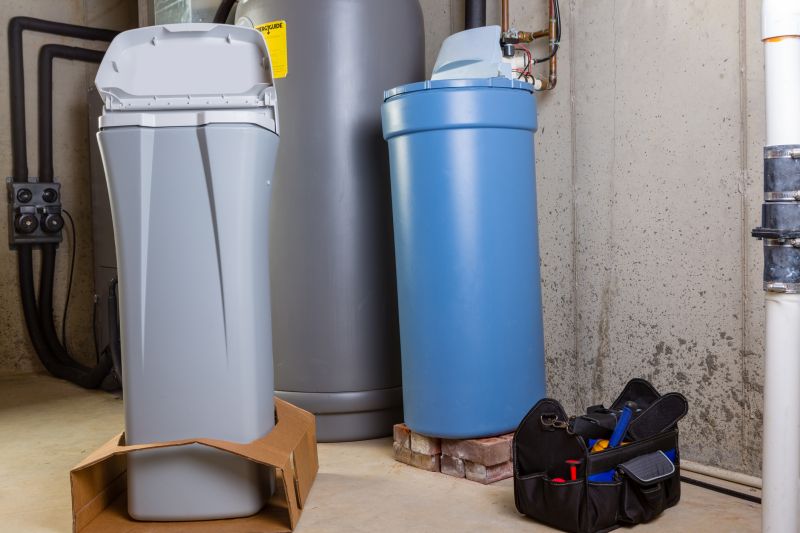
Simple add-ons that improve Water Treatments without blowing the budget.
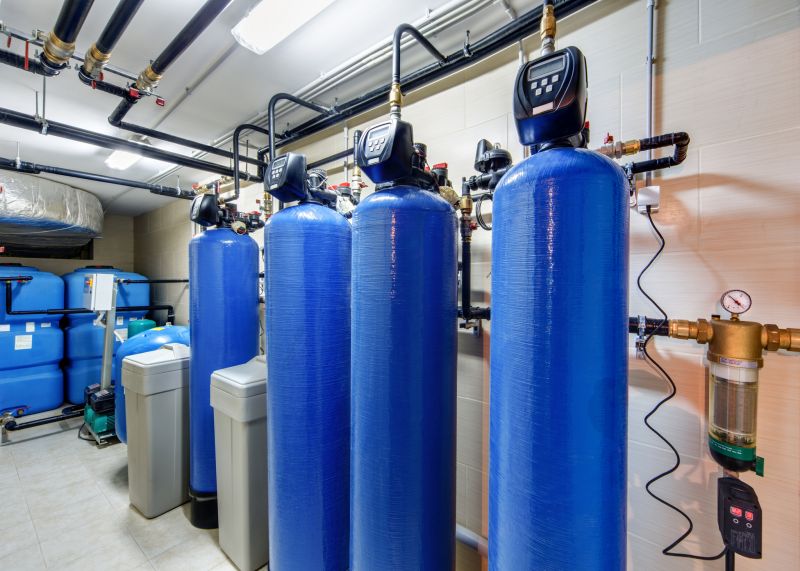
High-end options that actually feel worth it for Water Treatments.
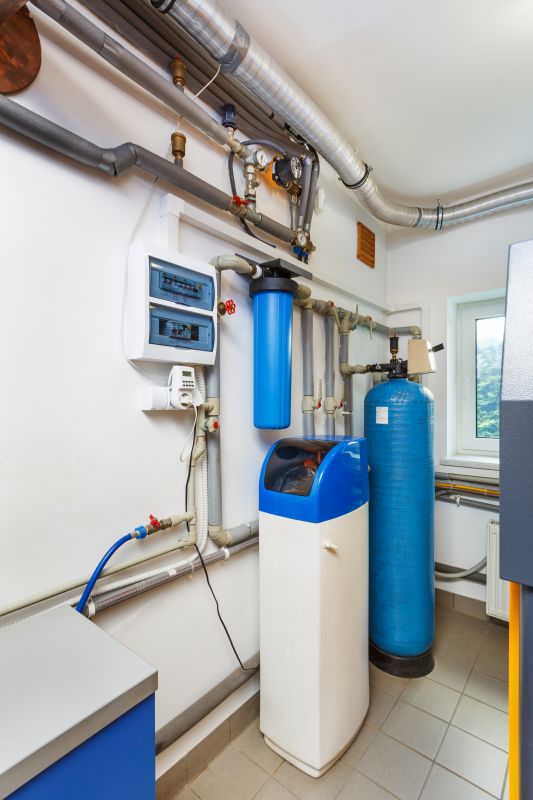
Finishes and colors that play nicely with Water Treatments.

Little measurements that prevent headaches on Water Treatments day.
| Season | Optimal Treatment Focus |
|---|---|
| Spring | Start microbial control, remove debris |
| Summer | Prevent algae, bacterial growth |
| Fall | Mineral buildup removal, system prep |
| Winter | Pipe protection, microbial control |
Water treatments encompass various processes designed to improve water quality, remove contaminants, and protect infrastructure. These treatments can include filtration, chemical disinfection, mineral removal, and biological controls. Proper timing ensures these processes are most effective, reducing the risk of waterborne issues and maintaining system longevity.
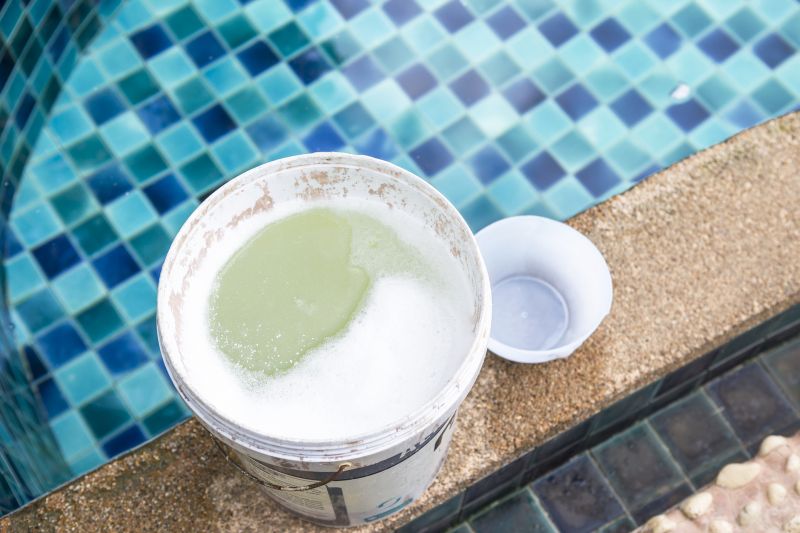
A 60-second routine that keeps Water Treatments looking new.
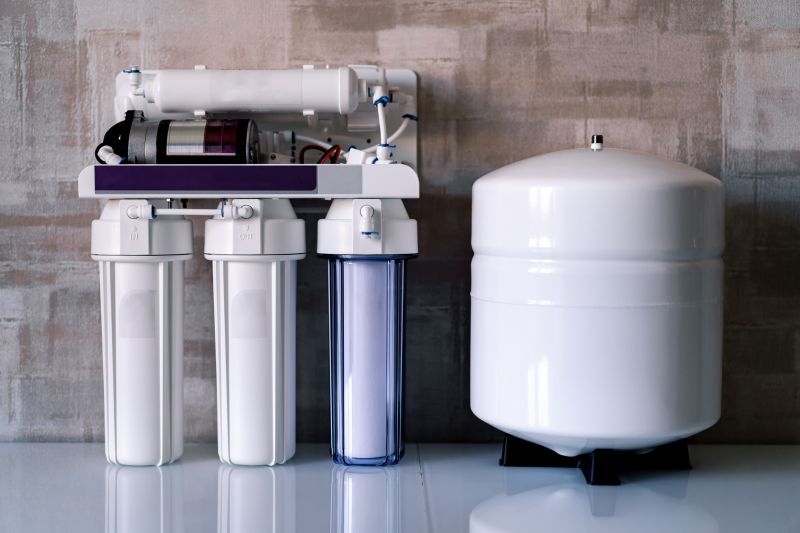
A frequent mistake in Water Treatments and how to dodge it.
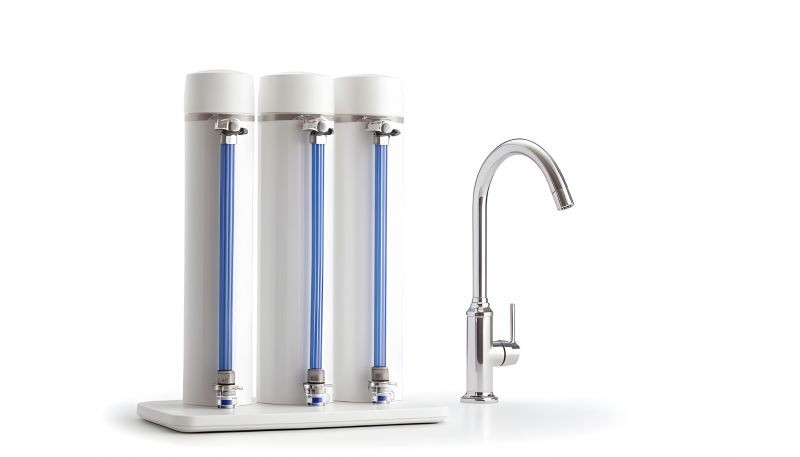
Small tweaks to make Water Treatments safer and easier to use.
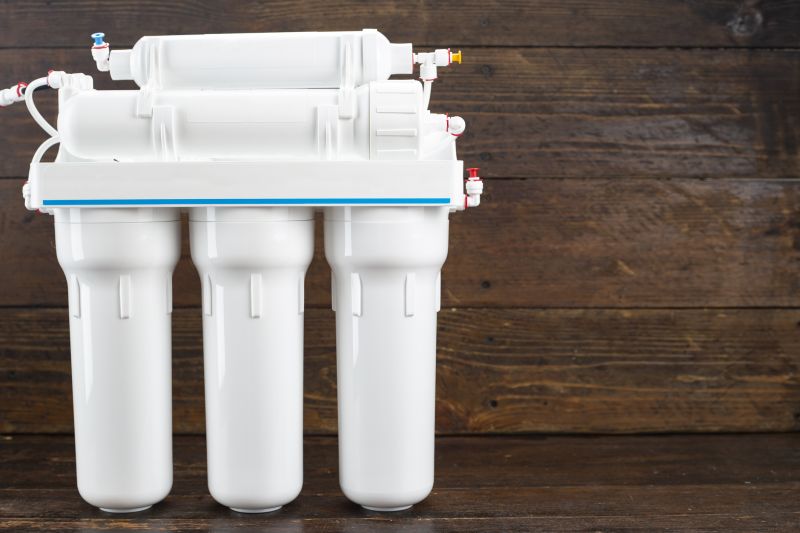
Lower-waste or water-saving choices for Water Treatments.
Scheduling water treatments at appropriate times enhances water quality and system efficiency. Regular assessments and timely interventions help prevent common issues such as mineral deposits, microbial contamination, and equipment wear. Consulting with water treatment specialists can identify the best treatment schedule tailored to specific water systems.
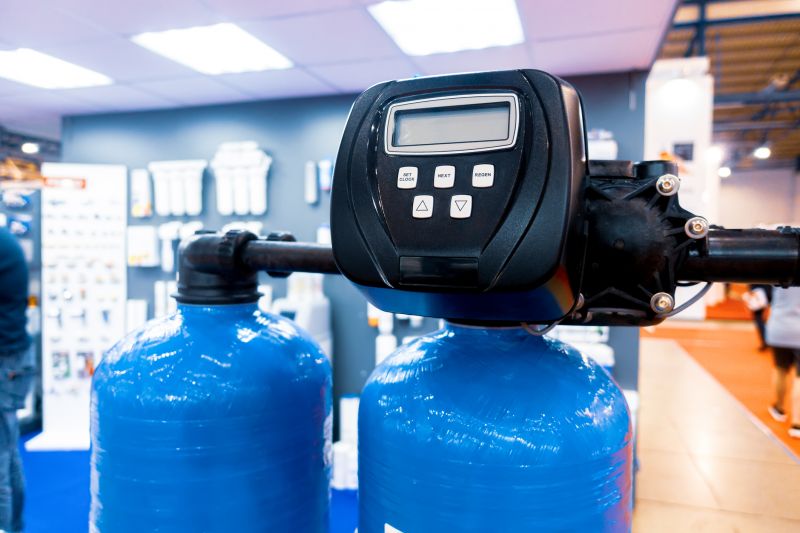
The short, realistic tool list for quality Water Treatments.
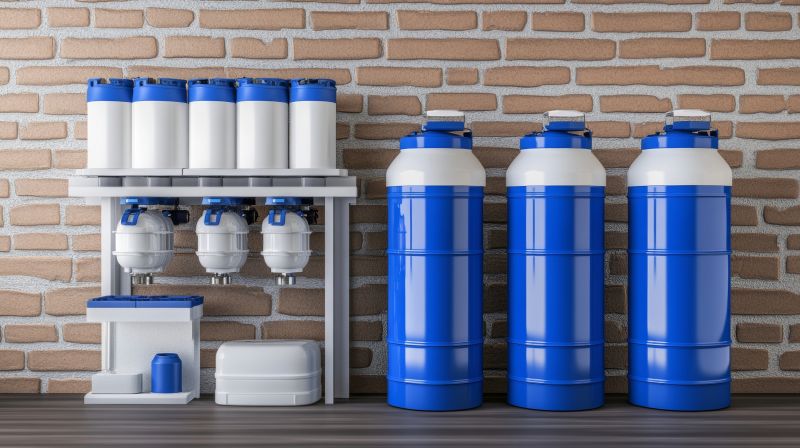
Rough timing from prep to clean-up for Water Treatments.
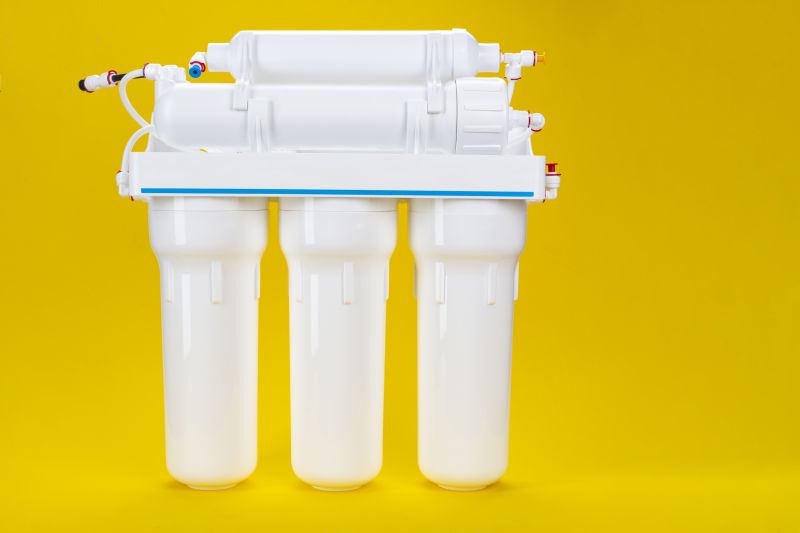
Quick checks and paperwork to keep after Water Treatments.
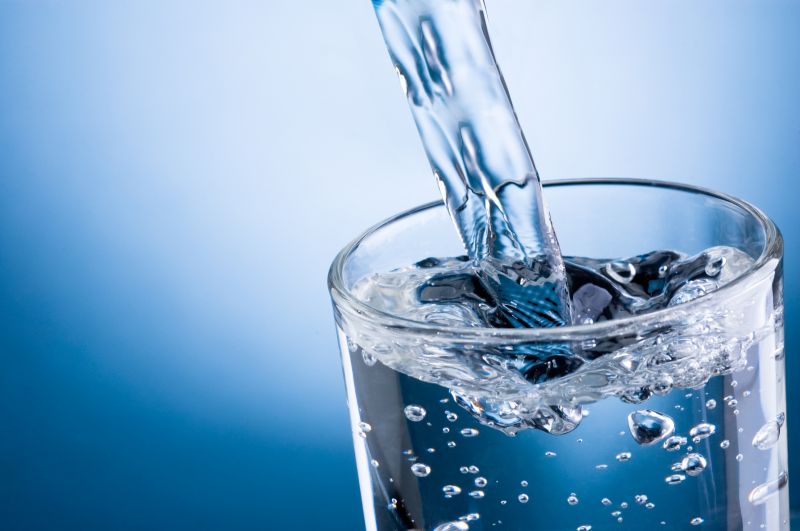
Examples that show the impact a good Water Treatments can make.
Interested parties are encouraged to contact for more information about scheduling water treatments. Proper timing and maintenance can significantly improve water system performance and safety.

